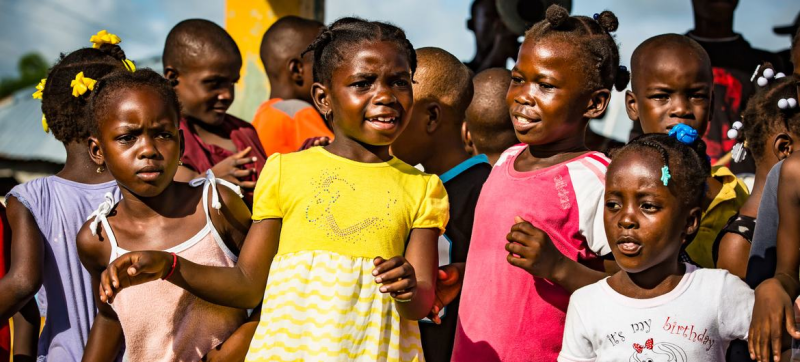- As debate over the location of climate conference razes on, will COP fail this time too? |
- UN Rights Office Warns of Gaza Escalation, West Bank Annexation |
- UN Warns Wildfires and Climate Change Worsen Air Quality |
- OIC Hails Belgian Declaration of Intent to Recognize Palestinian State |
- Bomb blast kills 15 near political rally in Pakistan |
Reparatory Justice Crucial to Ending Racism Against Africans

Most Haitians are of West African descent, mostly speaking Creole, a blend of French and African languages.
Governments, academia and other stakeholders must “double down on delivering reparatory justice” for people from the African diaspora, the UN human rights office (OHCHR) said in a report published on Wednesday.
Doing so is key to dismantling systemic racism rooted in legacies of slavery and colonialism. Actions include formal apologies, truth-seeking, memorialisation, education measures, medical and psychosocial support, as well as compensation.
The report found that amid some rollback of commitments to racial justice, measures taken by states, businesses, religious groups, universities, museums and others remain limited.
“To deliver reparatory justice, states and other actors must implement a comprehensive approach that includes reparations in various forms,” said UN High Commissioner for Human Rights Chief Volker Türk.
“To be truly effective, this approach must squarely consider the links between past and present – at individual and societal levels, in all areas of life – to dismantle unjust structures shaped by history.”
Mr. Türk cautioned against a “one-size-fits-all approach,” noting that reparatory justice should respond to the demands of affected communities.
“Initiatives and processes should be grounded in history and local context, respond to evolving demands, and centre the specific experiences of women of African descent in particular,” he said.
The report recommends that Africans and people of African descent guide the design and implementation of these measures through meaningful, inclusive and safe participation.
Some countries have reviewed public spaces to identify, remove or contextualise statues and place names linked to persons involved in the transatlantic slave trade.
Museums in several European countries are addressing their collections’ historical links. The restitution of cultural heritage continues, such as the return of centuries-old “Benin bronzes” looted from Edo State, Nigeria.
Some academic institutions have carried out or funded research into their histories, issued apologies, advanced educational opportunities, and created memorials. Businesses have also acknowledged their historical links.
“Claims for compensation have been lodged before courts in multiple jurisdictions, bolstering wider public movements and fostering political pressure for change,” OHCHR added.
The report calls for further research and policy proposals on structural and systemic issues, including climate and environmental justice, as well as reforms to address shortcomings in development aid and international financial and governance architecture.

